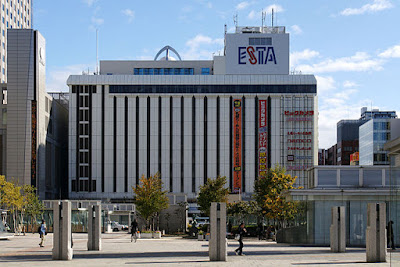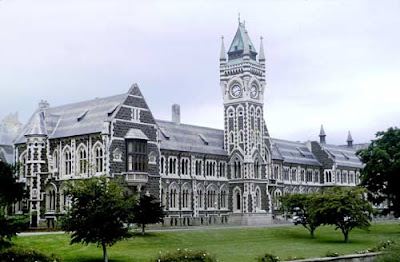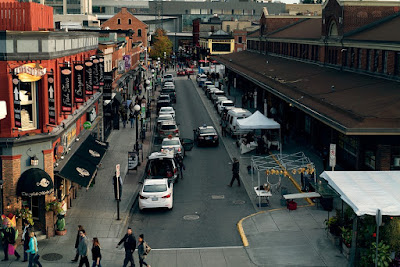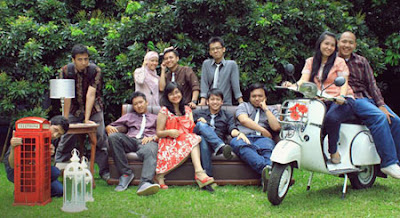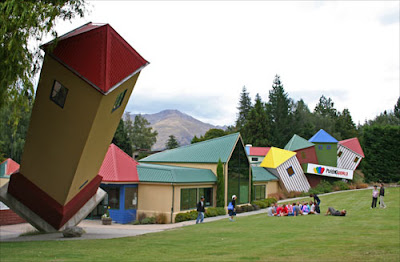Immigration has become a very contentious issue in politics. We've seen in recent years the rise of anti-immigration parties in Europe. It featured prominently in the U.S. presidential election. And it has become part of the debate in the Conservative Party of Canada leadership race.
Canada has always been a country largely open to immigration, because of its vastness and its relative youth. I believe that by and large, our immigration policy has been very successful. But we are not immune to the conflicts and social tensions happening elsewhere.
We can avoid these tensions if we stay away from ideological extremes and go back to a fundamental principle: The overarching objective of Canada's immigration policy should be to fulfill the economic needs of our country.
In particular, it should answer the needs of sectors where there is a scarcity of manpower with specialized skills; and in more general terms contribute to increasing the number of younger workers in a society that is fast aging.
Too little immigration means we will not get as much of these economic benefits as we could. But too much immigration also has its dangers.
Our immigration policy should not aim to forcibly change the cultural character and social fabric of Canada, as radical proponents of multiculturalism want. The vast majority of Canadians rightly expect immigrants to learn about our history and culture, master one of our official languages, and adopt widely shared Canadian values such as equality of men and woman, tolerance for diversity and respect for Canadian law.
At too high a level, immigration ceases to be a tool to economically benefit Canadians, and it turns instead into a burden.
Immigrants are expected to integrate in our society, not to live in isolation and try to replicate the way of life of their country of origin in Canada.
Of course, Canadian society is also transformed by immigration, as it has for centuries. But this has to be done organically and gradually. When it happens too fast, it creates social tensions and conflicts, and provokes a political backlash, as we can see today in several countries.
This is why I am opposed to increasing the annual intake of immigrants from 250,000 to 300,000, as the Liberal government has announced.
I am even more opposed to the proposal made by the government's advisory council a few months ago to increase it to 450,000, which Liberal Immigration Minister John McCallum said could be adopted at some point in the future.
At too high a level, immigration ceases to be a tool to economically benefit Canadians, and it turns instead into a burden. It becomes essentially a policy of social engineering for ideological purposes.
On the basis of these principles, here are the general policies I intend to pursue if I become leader of the Conservative Party of Canada and then prime minister.
Given that the main objective of immigration is to fulfill the economic needs of Canada, I would bring back the number from 300,000 to 250,000 as it was on average under the Harper government.
I would streamline the process for hiring specialized workers abroad. I would also put slightly more emphasis on economic immigration and slightly reduce the categories of family reunification and refugees.
I am opposed to big government policies in all spheres of life.
It is important for new Canadians to be able to reunite with their families. This is already a large part of our immigration policy and will continue to be so. As well, Canada has to play its part in welcoming refugees from troubled areas of the world. But these two categories of immigrants bring less economic benefits to Canada than the category of economic immigrants. Welcoming refugees is actually very expensive.
To ensure our security, I would increase resources for
CSIS, the
RCMP and Canadian Immigration and Citizenship to do background checks on all classes of immigrants, including more face-to-face interviews if deemed necessary.
And finally, I would stop our reliance on the United Nations for refugee selection. Civil society groups that work on the ground have a much better grasp of who could successfully integrate into
Canada than a big international bureaucracy. We should rely instead on private sponsorship, including by faith-based organizations. The Liberals are strangling this to make room for poorly delivered state sponsorship.
My campaign is based on free markets and small government principles. I am opposed to big government policies in all spheres of life.
Preventing our businesses from hiring the immigrant manpower they need with red tape is a big government policy. At the other extreme, mass immigration that would create social tensions and is not in the interest of
Canadians is also a big government policy. A government under my leadership would find an appropriate middle ground so as to unleash Canada's economic potential.

